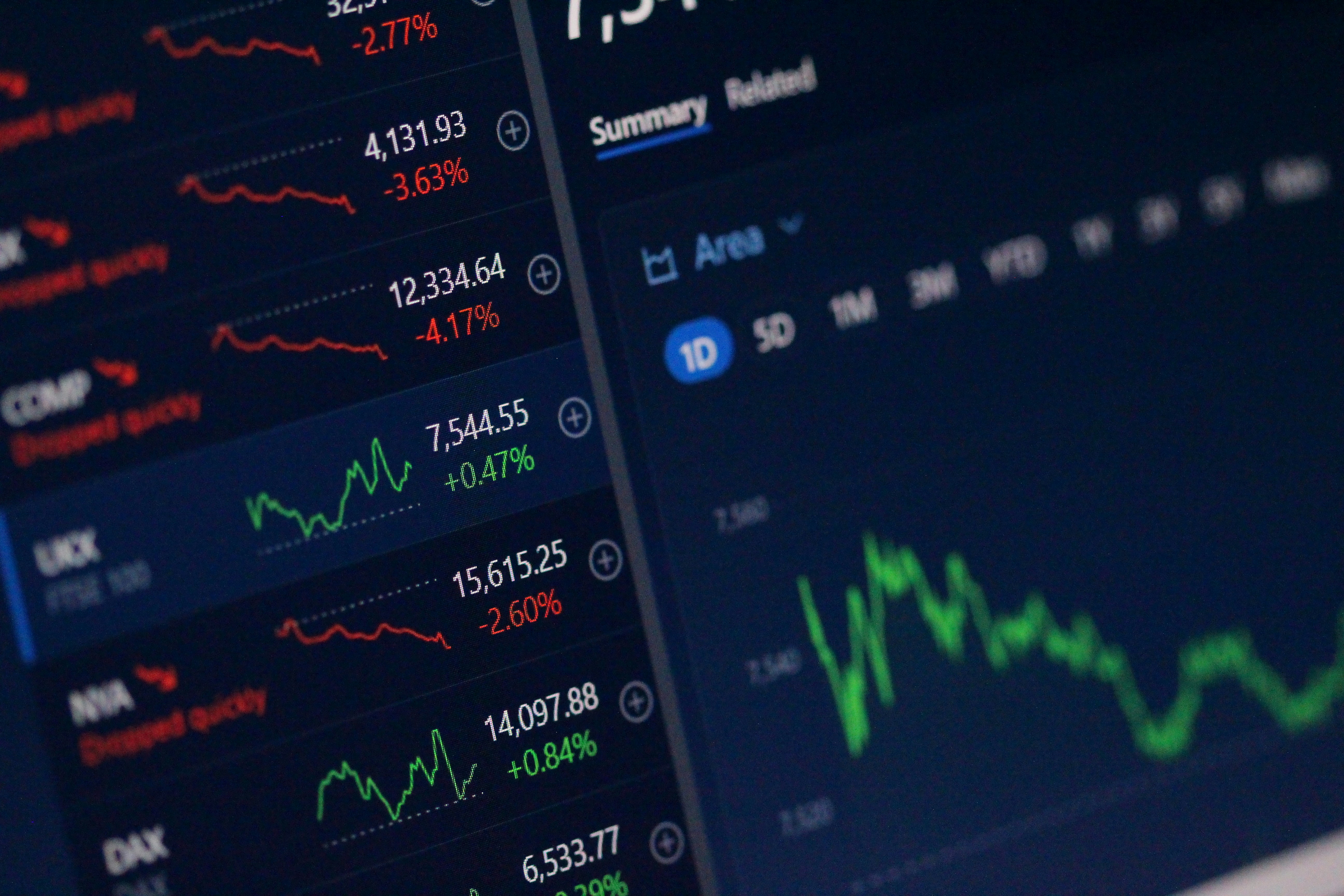Top Hedge Funds Hit By Market Volatility As Geopolitical Risks Mount

Some of the world’s largest hedge funds, including Ken Griffin’s Citadel and Izzy Englander’s Millennium, suffered notable losses in February as global markets faced a wave of uncertainty. Rising geopolitical tensions, coupled with shifting trade policies, triggered increased market volatility, challenging even the most sophisticated investment strategies.
While these funds have previously navigated turbulent markets with relative success, February’s downturn highlights the growing unpredictability of global financial conditions. Investors are now watching closely to see how major hedge funds adjust their strategies amid ongoing economic and political instability.
February’s Market Turmoil: Key Drivers of Hedge Fund Losses
Several factors contributed to the recent hedge fund struggles:
- Geopolitical Tensions: Escalating conflicts and diplomatic instability rattled global markets, creating uncertainty around energy prices, supply chains, and regional economies. Heightened tensions between major economies added to investor unease.
- Shifting Trade Policies: Changes in tariffs, export controls, and economic alliances impacted various sectors, leading to market disruptions that hedge funds struggled to anticipate.
- Interest Rate Uncertainty: With central banks weighing inflation concerns against slowing economic growth, uncertainty around future rate moves made it difficult for hedge funds to position portfolios effectively.
These elements combined to create sharp market swings, catching some hedge funds off guard despite their typically sophisticated risk management strategies.
How Major Hedge Funds Were Impacted
Despite their strong historical performance, Citadel and Millennium were not immune to the turbulence:
- Citadel: Ken Griffin’s multi-strategy hedge fund, which delivered record profits in previous years, experienced a setback in February as macroeconomic uncertainty led to losses in equities and fixed-income markets. While Citadel remains one of the top-performing funds over the long term, February’s pullback signals the challenges of navigating high-volatility environments.
- Millennium: Izzy Englander’s multi-manager firm, known for its risk diversification, also faced a difficult month. Although Millennium’s approach typically spreads risk across multiple investment teams, February’s market swings proved difficult to sidestep completely.
Other major hedge funds with exposure to equities, fixed income, and macroeconomic trends also reported losses, reflecting the broader difficulty of profiting in an increasingly unpredictable landscape.
Market Reaction and Investor Sentiment
The hedge fund losses sparked reactions across financial markets:
- Institutional Investors: Large pension funds and endowments that allocate capital to hedge funds are reassessing risk exposure. While hedge funds are still seen as valuable for diversification, February’s struggles raise questions about how well these firms can hedge against extreme market conditions.
- Retail Investors: Individual investors, already cautious amid economic uncertainty, are becoming more wary of hedge fund performance. While most retail investors do not directly invest in hedge funds, broader market moves often reflect sentiment shifts driven by institutional trading.
- Sector Impact: Market turbulence affected a wide range of asset classes, from equities to bonds and commodities, leading to a reallocation of capital into perceived safer investments such as gold and U.S. Treasuries.
Hedge Funds’ Strategies Moving Forward
In response to February’s volatility, hedge funds are expected to adjust their strategies to mitigate future risks:
- Portfolio Rebalancing: Many funds are shifting capital into defensive sectors and alternative assets to reduce exposure to high-volatility areas.
- Increased Hedging: With geopolitical risks persisting, hedge funds may deploy more aggressive hedging strategies, such as options and futures contracts, to protect against sudden market moves.
- Selective Risk-Taking: While uncertainty remains high, some hedge funds may take advantage of market dislocations to identify undervalued assets and short-term trading opportunities.
The coming months will test hedge funds’ ability to adapt, particularly as global markets continue to respond to unpredictable geopolitical and economic shifts.
Conclusion
February’s market volatility served as a stark reminder that even the most well-capitalized hedge funds are not immune to global uncertainty. Citadel, Millennium, and other top firms faced significant headwinds as geopolitical tensions, shifting trade policies, and economic instability created challenging conditions.
Looking ahead, hedge funds must refine their strategies to navigate an increasingly complex financial landscape. Investors will be watching closely to see whether these firms can rebound or whether ongoing market turbulence will continue to erode their returns. With economic and political uncertainties showing no signs of easing, hedge fund managers face a critical period in maintaining both performance and investor confidence.
Author: Brett Hurll
Global Fund Groups Set To Hit $200tn
Global fund groups set to hit $200tn in assets by 2030, says PwCThe global fund management industry is expected to reach... Read more
Underperform And Report To Office: AHL's Struggles Trigger Policy Shift At Man Group
Man Group, one of the world’s largest hedge funds, has ordered staff at its flagship systematic trading unit AHL to re... Read more
Asia's Quiet Hedge Fund Star: Arrowpoint Rides Tariff Waves To Strong Gains
While some hedge funds chase headlines and media attention, others prefer to let performance speak for itself. Arrowpoin... Read more
China's Contrarian Hedge Fund Star Bags 1,485% Return
In a year when many global investors remained wary of China’s turbulent markets, one homegrown hedge fund has delivere... Read more
Beyond The Black Box: How Hedge Funds Are Systematically Embedding AI Into Core Operations
Artificial intelligence (AI) has long been discussed in hedge fund circles as a powerful but opaque tool—useful in the... Read more
Hedge Funds Rebuild Long Positions In Oil
Brent Crude Rally Gains Momentum After Diplomatic Thaw Hedge funds have significantly increased their bullish bets on B... Read more

